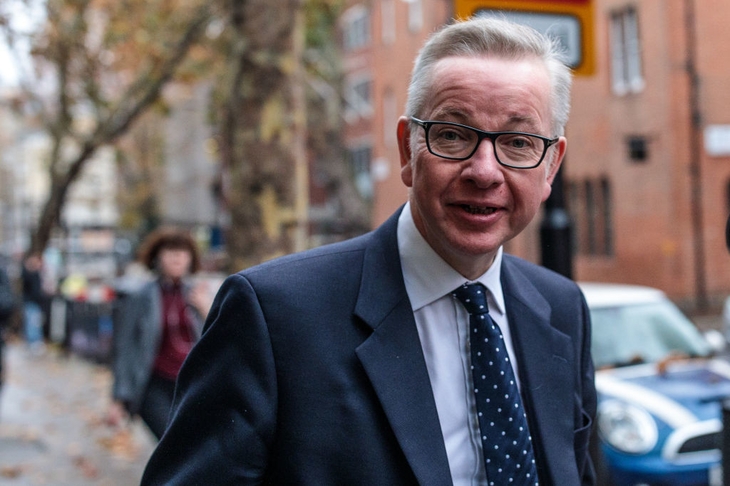With our continued Brexit obsession, one could be forgiven for thinking that there was little else of significance going on in public policy. Not so, however, in the world of education.
New statistics, published this morning by the Department of Education, show the full extent of ‘academisation’ – the quiet revolution originally started by Michael Gove and continued by his successors. The numbers show that more than half of England’s children are now educated in academies – state schools run by independent charitable trusts but funded and overseen by central government. That’s a staggering rise: from only 200 such schools in 2010 there are now 8300 – and 50.1% of pupils attended one last autumn. This number is rising too (see the chart below) even though the government has announced it will no longer force all schools to academise.
Around 1000 schools a year currently opt to make the change. Some Local Authorities have so few schools left in their control that they’re considering spinning out those left, and recently the Catholic Church announced that will turn its remaining 1700 Voluntary Aided schools into academies. (Ironically, the Church’s take on academies is now more proactive than the government’s.)
This all means that in a few years we’ll reach the tipping point where there’ll be so little funding and school improvement capacity left in councils that they’ll struggle to justify keeping their remaining schools. This has broad political consequences.
Firstly, it makes it almost impossible for any future government to reverse academisation and bring schools back under council control. When Blair reincarnated grant-maintained schools as academies he made sure this was hard to unpick, using a combination of independent charity structure and seven-year rolling contracts with the government. Challenging this would see court cases galore. The Shadow Education Secretary recognises this, even if the Labour leadership and teaching unions aren’t happy about it. (A fully academised system means no national pay bargaining and an existential crisis for unions – hence their increasingly shrill public pronouncements.)
On top of this, as all good Marxists know, structure affects mindset (it’s why Marx himself was opposed to the state running schools). Removing the council middleman makes it clearer where accountability lies, giving Heads and Trustees a real sense of ownership and responsibility. It’s probably why academies have embraced more strongly other Gove reforms around curriculum, pedagogy, exams, behaviour, teacher training and the like too.
Schools will be loath to give up the freedoms they’ve gained, especially as it’s transformed how they can support one another. 80% of academies are now in groups with at least one other school, with 30% in groups bigger than 10. There’s emerging evidence that these “multi-academy trusts” turn schools around quicker, get better teachers into the places they’re needed most, and are more financially efficient too.
This kind of thing simply wasn’t possible to the same extent before 2010. Chains like Dixons, STAR, Outwood Grange, Harris, Ark, and Inspiration have shown that systematic school turnaround is possible and are starting to take on private schools at their own game. It would be a brave minister who took on the powerful new Barons of Education who run these chains.
So whilst most people have been distracted by real-life and Brexit, structural school reform has quietly chugged along to the point that it’s basically irreversible. Shifting power from councils and unions to Trusts and Heads has been hard work but necessary; watching how people use this power in the next phase to transform things even further is going to be fascinating.
Mark Lehain is founder and former Principal of Bedford Free School






Comments